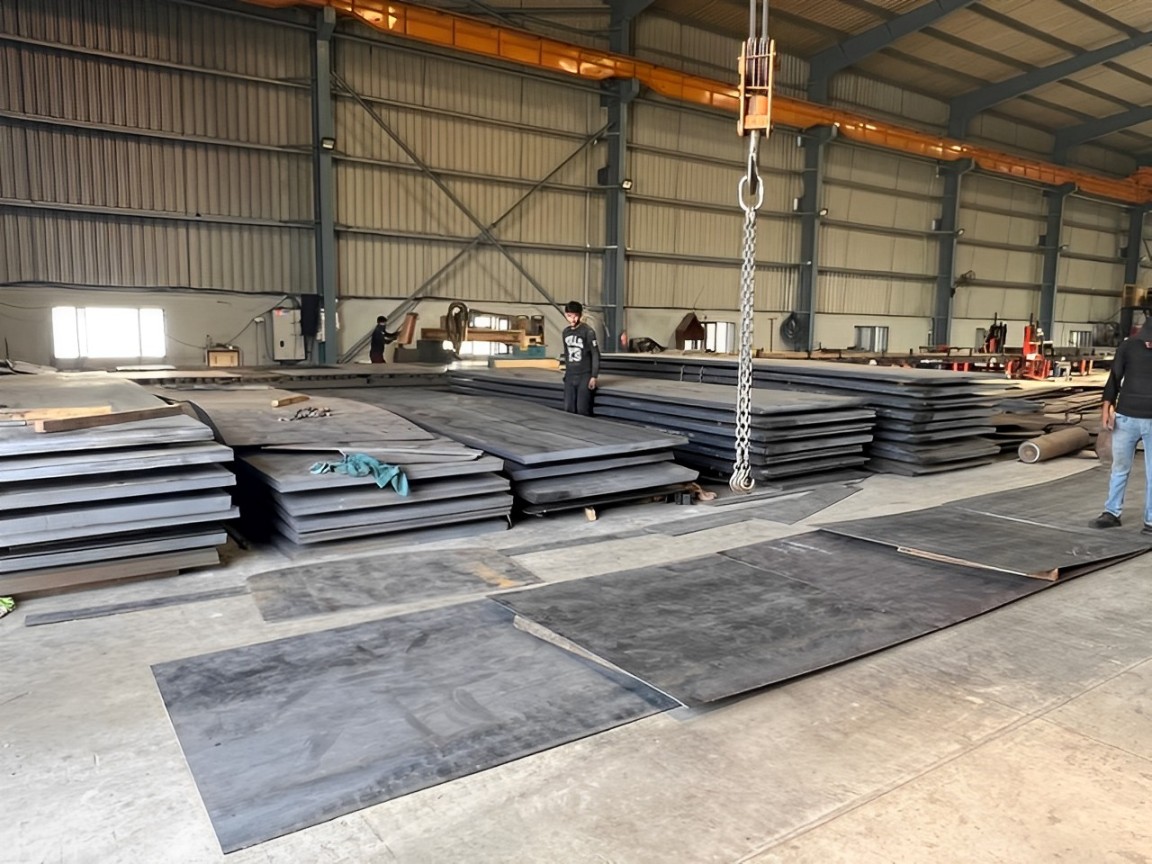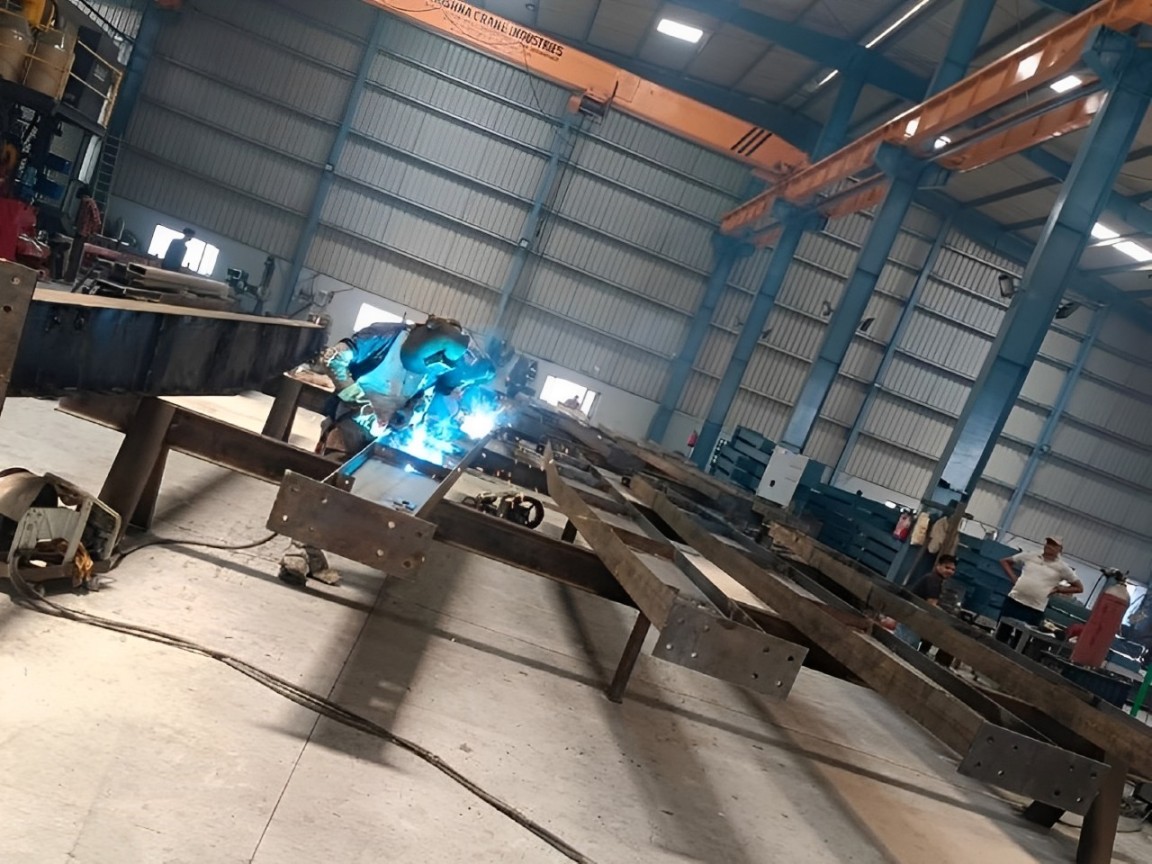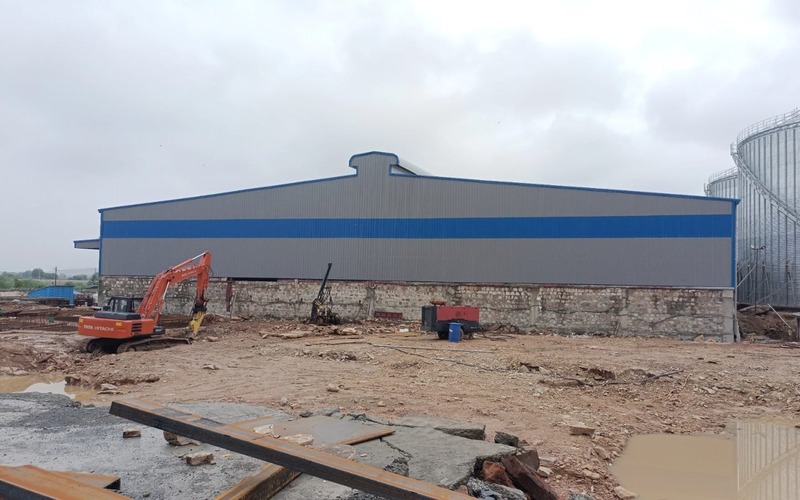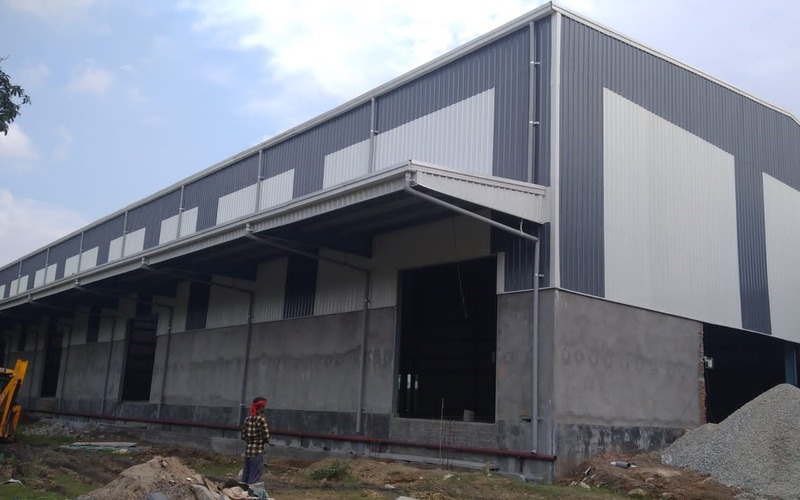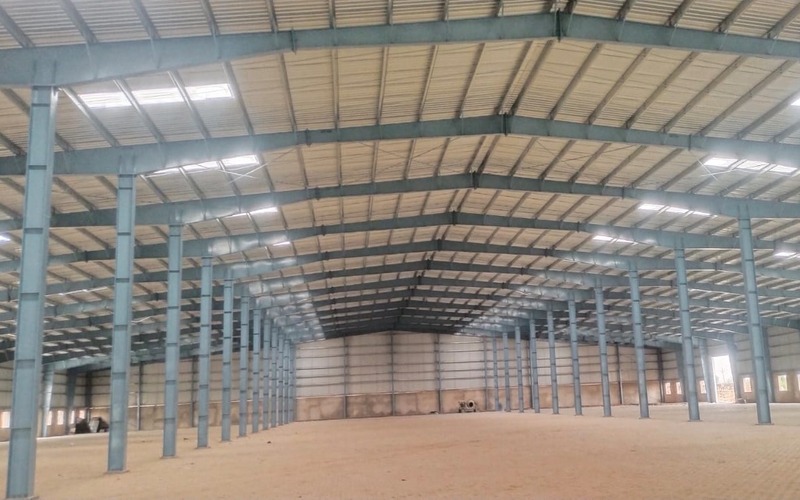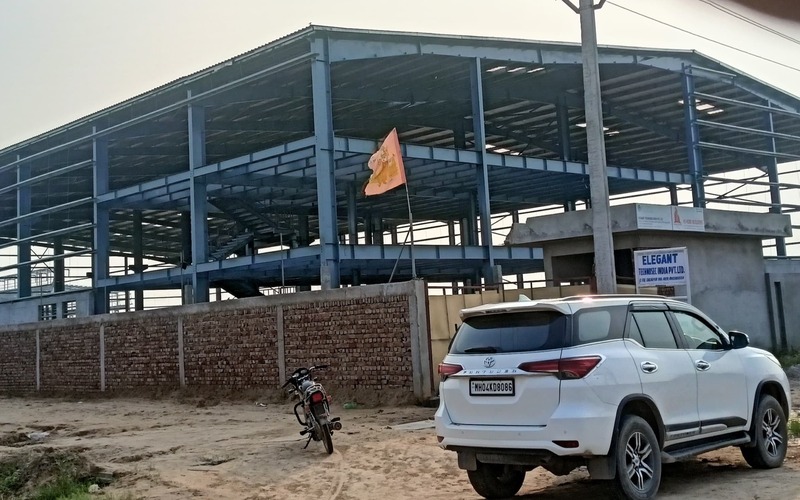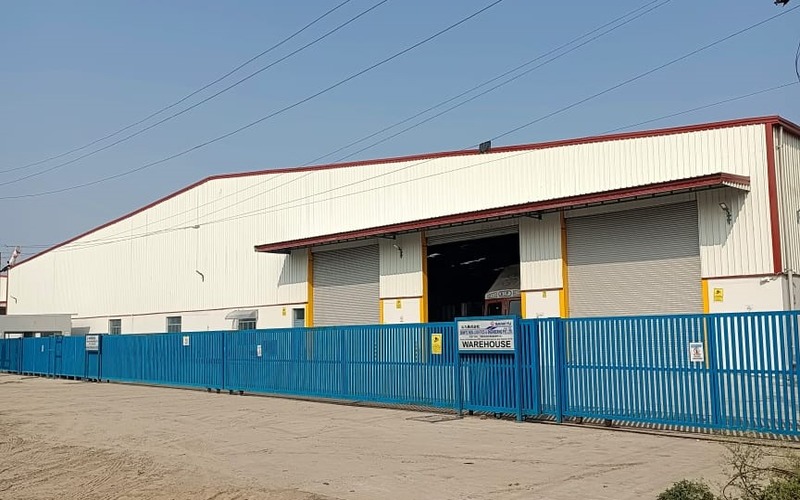Best Structural Fabrication Services
The process of cutting, shaping, assembling, and welding metal components to create structures or frameworks that support buildings, industrial machinery, bridges, and other infrastructure projects is part of structural fabrication services. Industries like construction, manufacturing, automotive, oil and gas, and aerospace all rely heavily on fabrication services. Steel, aluminum, and iron are examples of metals that can be used to build structures that are strong, long-lasting, and durable.
Modern construction projects rely heavily on Best Structural Fabrication Services, which tailor solutions to meet design, safety, and functional requirements. The most important aspects, procedures, and advantages of structural fabrication services are covered in this guide.
Commercial and Industrial Buildings
Infrastructure Projects
Oil and Gas Industry
